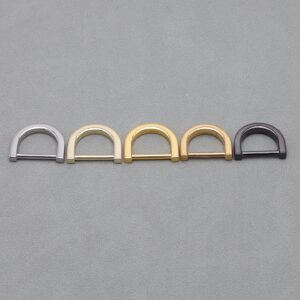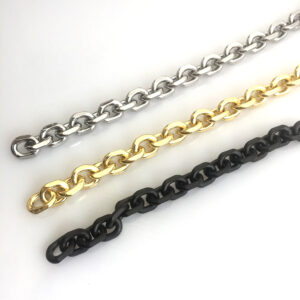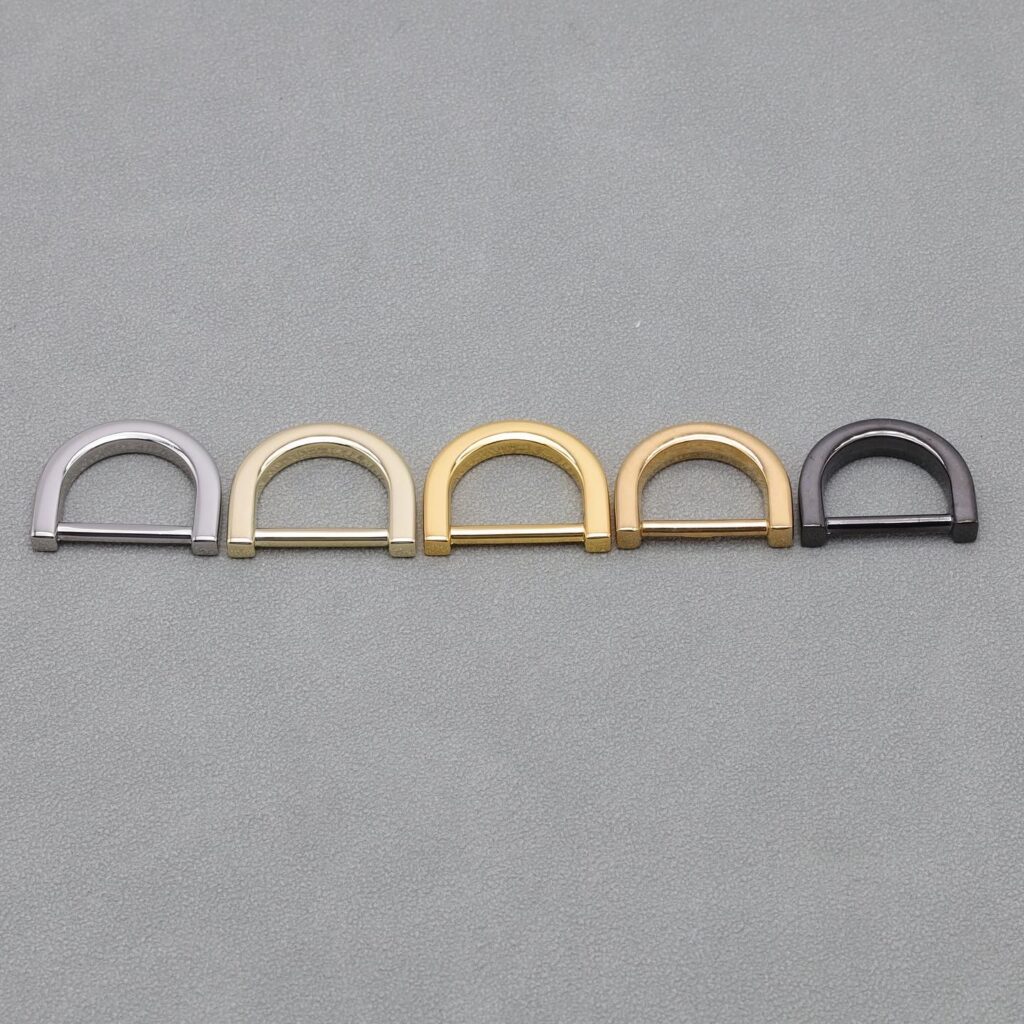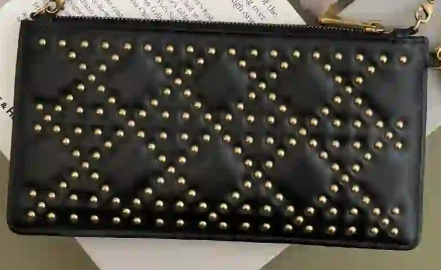Hardware has long played a key role in defining the beauty and functionality of bags, both as decorative elements and functional components. As the fashion industry continues to evolve, a focus on sustainability has become a driving force for hardware design innovation. This season, eco-friendly hardware has become a trend, setting a new benchmark for the bag industry. Sustainable hardware not only reshapes the way bags are designed, but also complies with consumers’ growing demand for environmentally friendly products.
One of the most important advances in sustainable hardware is the use of recycled materials. Traditionally, hardware components such as buckles, zippers and chains are made from virgin metal, which leads to resource depletion and environmental pollution. More and more brands are turning to recycled metals, recycled stainless steel and aluminum to make these accessories. These materials are not only durable, but also significantly reduce the need for mining and its related environmental impact. Some companies are experimenting with bio-based plastics derived from renewable resources such as corn starch or sugarcane to create lightweight and biodegradable hardware.

Another emerging trend is the integration of innovative production technologies to minimize waste and reduce carbon footprint. 3D printing technology is being used to create complex hardware designs while minimizing material waste. This approach allows for precision and customization while adhering to sustainable practices. Laser cutting technology is also being used to create intricate details without creating excessive waste. These advances not only improve the quality of hardware, but also fit in with the broader goal of reducing environmental degradation.
The rise of vegan hardware is another notable development in the space. As consumers become more conscious about animal welfare and environmental ethics, the demand for vegan products has surged. Traditional leather trims and animal-derived materials are being replaced with synthetic alternatives that mimic the look and feel of their counterparts without sacrificing style. Vegan hardware is not only free of animal ingredients, but is often made from recycled or biodegradable materials, further cementing its reputation for sustainability.

Sustainability is not only about the materials used, but also about the entire life cycle of the product. Brands are working to create hardware that is repairable, reusable, and recyclable. Some companies are designing hardware with interchangeable parts, allowing consumers to update their bags without having to discard the entire bag. This approach prolongs the life of hardware and reduces the likelihood that it will end up in landfills. Take-back programs and recycling initiatives are being implemented to ensure that hardware is properly disposed of or reused at the end of its life cycle.

The shift toward sustainable hardware is also influencing the aesthetic direction of bag design. Eco-friendly materials and production methods are inspiring a new wave of minimalism and utilitarian designs that emphasize functionality and timelessness. Hardware is no longer just a decorative add-on, but a key element that tells a story of innovation and responsibility. From sleek, modern buckles made from recycled metals to chunky chains made from biodegradable plastics, sustainable hardware is redefining fashion.

Sustainable hardware will lead the next season’s bag trends, combining innovation, functionality and environmental awareness. As consumers continue to prioritize eco-friendly products, the demand for sustainable hardware will only grow stronger. This shift not only reflects changes in consumer preferences, but also signals a broader transformation in the way the fashion industry designs and produces. As brands embrace recycled materials, innovative processes and ethical practices, the future of bag hardware will be both stylish and sustainable.

